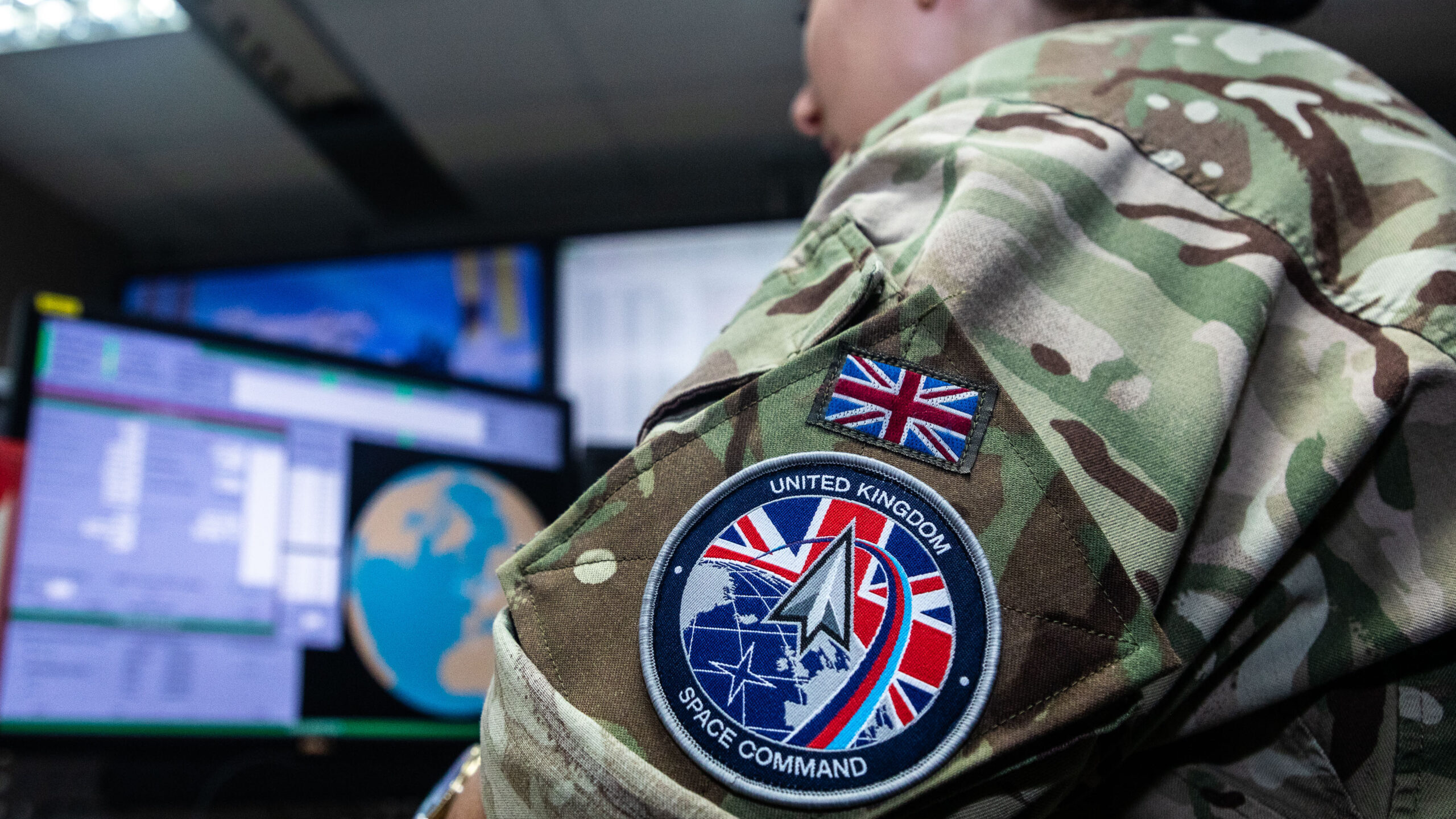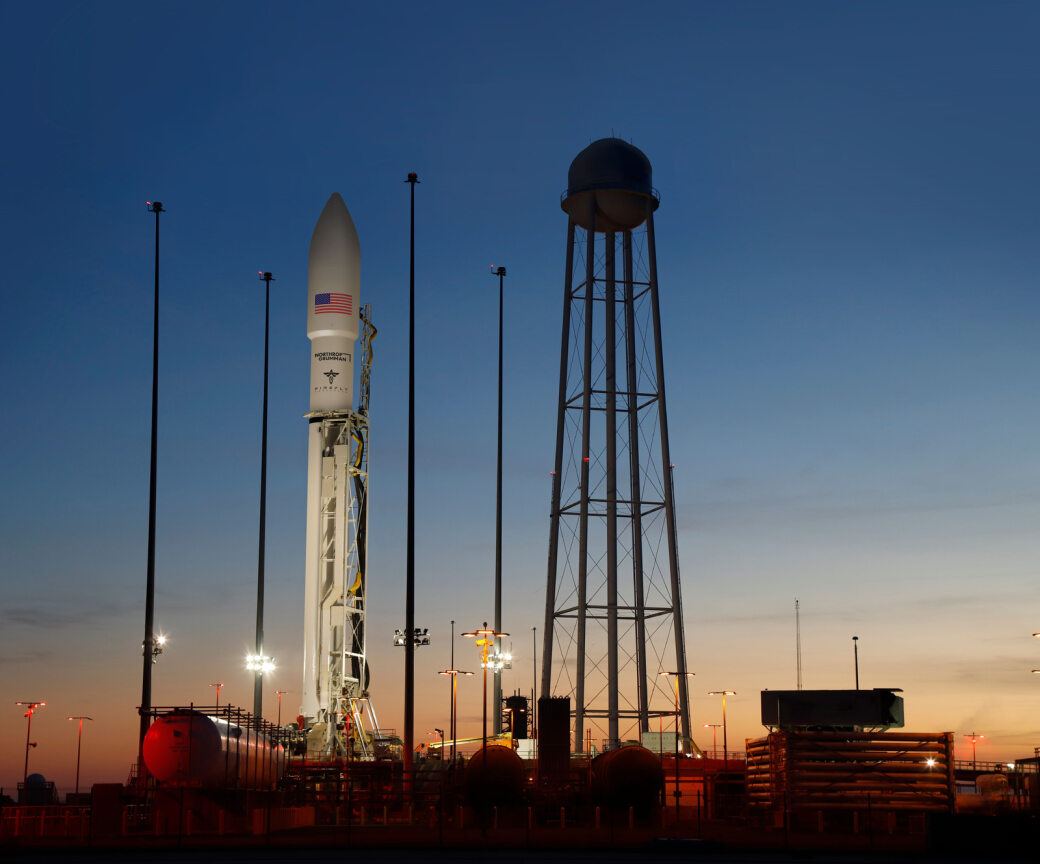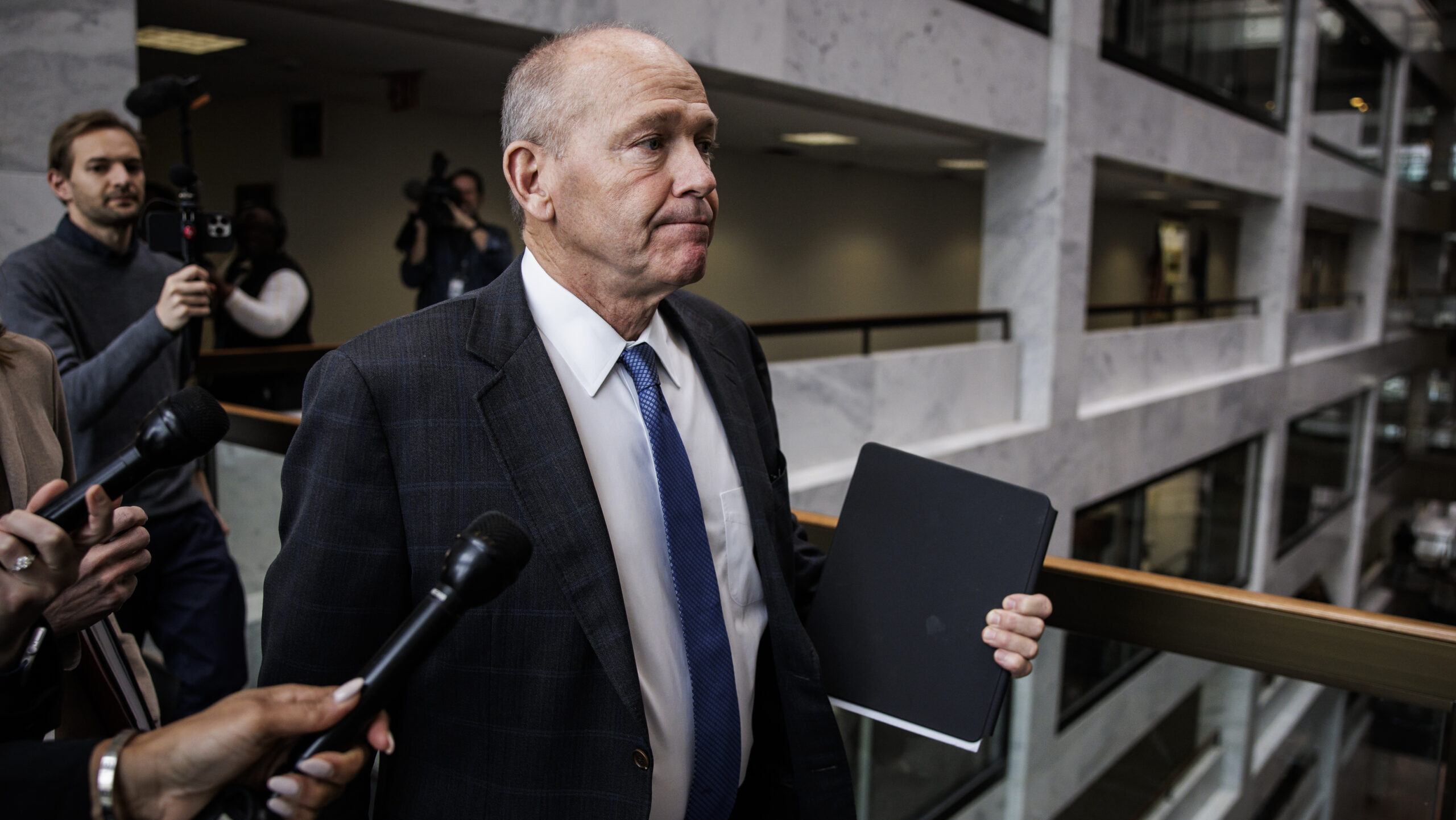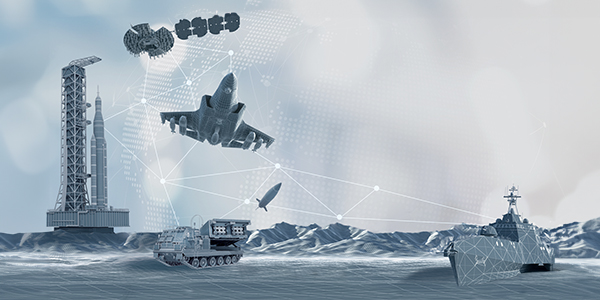
Stood up in 2021, UK Space Command oversees military space operations and leads on force generation and acquisition programs (UK Space Command on Twitter)
AFA 2023 — The US and its closest allies are still struggling to find space programs where they can work together to develop new technologies and capabilities, according to the UK’s senior space operations commander.
“Collaborative programs is something we’ve been trying to champion through the CSpO [Combined Space Operations Initiative] where there’s a capability and architectures working group. I would say that has proven really very difficult,” Air Marshall Harvey Smyth, air and space commander, told the annual Air Force Association Air Space & Cyber Conference on Monday.
“In three, four years of working in and out of that working group, we’ve not made a ton of progress. We’ve done a hell of a lot of talking and not necessarily made much progress,” he said.
The CSpO involves the members of the 5 Eyes intelligence coalition — Australia, Canada, New Zealand, the United Kingdom and the United States — plus France and Germany. The group’s governing “Principals Board” last met in December 2022 in New Zealand, with US participants including John Plumb, Pentagon space policy czar; Gen. Chance Saltzman, Space Force chief; Gen. James Dickinson, US Space Command head; and Damon Wells, director of policy and strategy at the National Reconnaissance Office.
Smyth said that one of the key problems the group is running up against is that the member countries already have set requirements for ongoing efforts.
Canadian Royal Air Force Commander Lt. Gen. Eric Kenney told the AFA panel that another obstacle “remains classified information sharing,” noting that earlier this year he hosted Saltzman and Dickinson where both sides “were able to talk about how we can better collaborate … to ensure that we are contributing with value added to the overall space mission.”
Kenney added that “there’s certain niche capabilities that we can all bring. We’re all looking for resources to put towards the space domain, but they are finite resources. So where can we best put those resources and how can we better integrate through commercial?”
Gen. Michael Guetlein, head of Space Force’s Space Systems Command (who has been nominated by President Joe Biden as Space Force vice chief), acknowledged that “classification is still a huge challenge.” That said, he stressed that things have come a long way since the establishment of the new service in 2019, for example with the US side now sharing information about threats and capabilities.
“When we start talking about allied by design, that’s really where we’re making the most traction,” Guetlein said, with the CSpO working on data standards and interface standards for more easily sharing information.
“We have a Unified Data Library that’s going to become the data lake for the Space Force. We actually have an allied Unified Data Library now,” he added.
Smyth suggested that one way the CSpO allies might be able to move ahead with collaborative development is to find a new project that could be worked on in a similar manner to the F-35. On that fighter effort, the UK and other partners were “in the door when it was still a glossy brochure on PowerPoint. We brought money and then that allowed us to have a proper input to what the requirements set should be through system design and development. And I think that idea of a properly collaborative and cooperative program with capability development, we just don’t see that in specs, we’ve not got there yet with that.
“I think it would be really rather interesting, again, if we were bold enough to choose a capability set that we’re all interested in, and maybe look at what could an F-35 type model” mean for space efforts, Smyth said.












